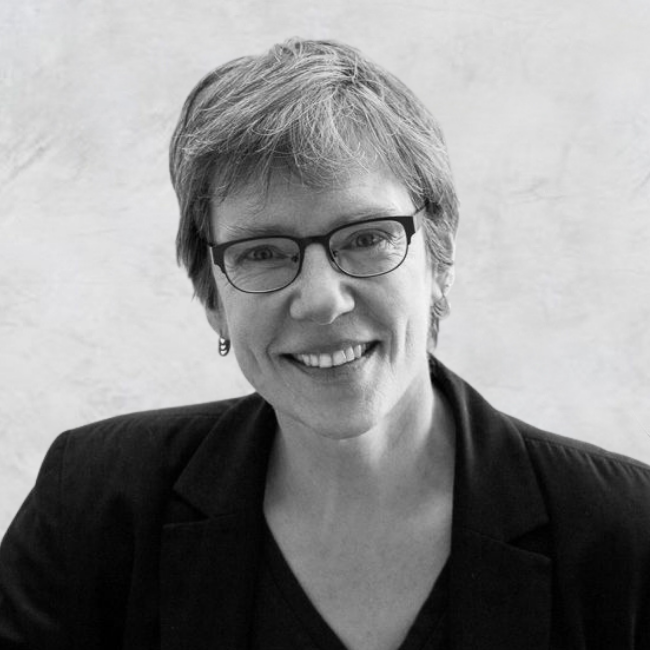
Is the universe friendly? Is it fundamentally good? Peaceful? Created with a purpose in mind?
Or is it distant and impersonal? Indifferent to what you want? A never ending meaningless space? We all have ideas of how the world truly is. Maybe that’s been influenced by your religion, your school, your government, or even the video games you played as a kid.
Whatever the case is, how we think about ourselves and what we consider a life well spent, has a lot to do with the relationship we have with the world. And that brings us to this month’s Ethics Explainer.
Authenticity
To behave authentically means to behave in a way that responds to the world as it truly is, and not how we’d like it to be. What does this mean?
Well, this question takes us to two different schools of thought in philosophy, with two very different ideas of the nature of the world we live in. The first one is essentialism. Now, essentialism is a belief that find its roots in Ancient Greece, and in the writings of Socrates and Plato.
They took it as a given that everything that exists has its own essence. That is, a certain set of core properties that are necessary, or essential, for it to be what it is. Take a knife. It doesn’t matter if it has a wooden handle or a metal one. But once you take the blade away, it becomes not-a-knife. The blade is its essential property because it gives the knife its defining function.
Plato and Aristotle believed that people had essences as well, and that these existed before they did. This essence, or telos, was only acquired and expressed properly through virtuous action, a process that formed the ideal human. According to the Greeks, to be authentic was to live according to your essence. And you did that by living ethically in the choices you make and the character you express.
By developing intellectual virtues like curiosity or critical thinking, and character virtues like courage, wisdom, and patience, it’d get easier to tell what you should or shouldn’t do. This was the standard view of the world until the early 19th century, and is still the case for many people today.
The rise of existentialism
But some thinkers began to wonder, what if that wasn’t true? What if the universe has no inherent purpose? What if we don’t have one either? What if we exist first, then create our own purpose?
This belief was called existentialism. Existentialists believe that neither us nor the universe has an actual, predetermined purpose. We need to create it for ourselves. Because of this, nothing we do or are is actually inherently meaningful. We were free to do whatever we wanted – a fate Jean Paul-Sartre, French existential philosopher, found quite awful.
Being authentic meant facing the full weight of this shocking freedom, and staying strong. To simply follow what your religious leader, parent, school, or boss told you to do would be to act in “bad faith”. It’s like burying your head in the sand and pretending that something out there has meaning. Meaning that doesn’t exist.
By accepting that any meaning in life has to be given by you, and that ‘right’ and ‘wrong’ are just a matter of perspective, your choices become all you have. And ensuring that they are chosen by the values you accept to live by, instead of any predetermined ones etched in stone, makes them authentic.
This extends beyond the individual. If the world is going to have any of the things most of us value, like justice and order, we’re going to have to put it there ourselves.
Otherwise, they won’t exist.
Ethics in your inbox.
Get the latest inspiration, intelligence, events & more.
By signing up you agree to our privacy policy
You might be interested in…
Big thinker
Relationships
Big Thinker: Sally Haslanger
Opinion + Analysis
Business + Leadership, Relationships
Workplace romances, dead or just hidden from view?
Opinion + Analysis
Relationships, Society + Culture
Community is hard, isolation is harder
Opinion + Analysis
Relationships




